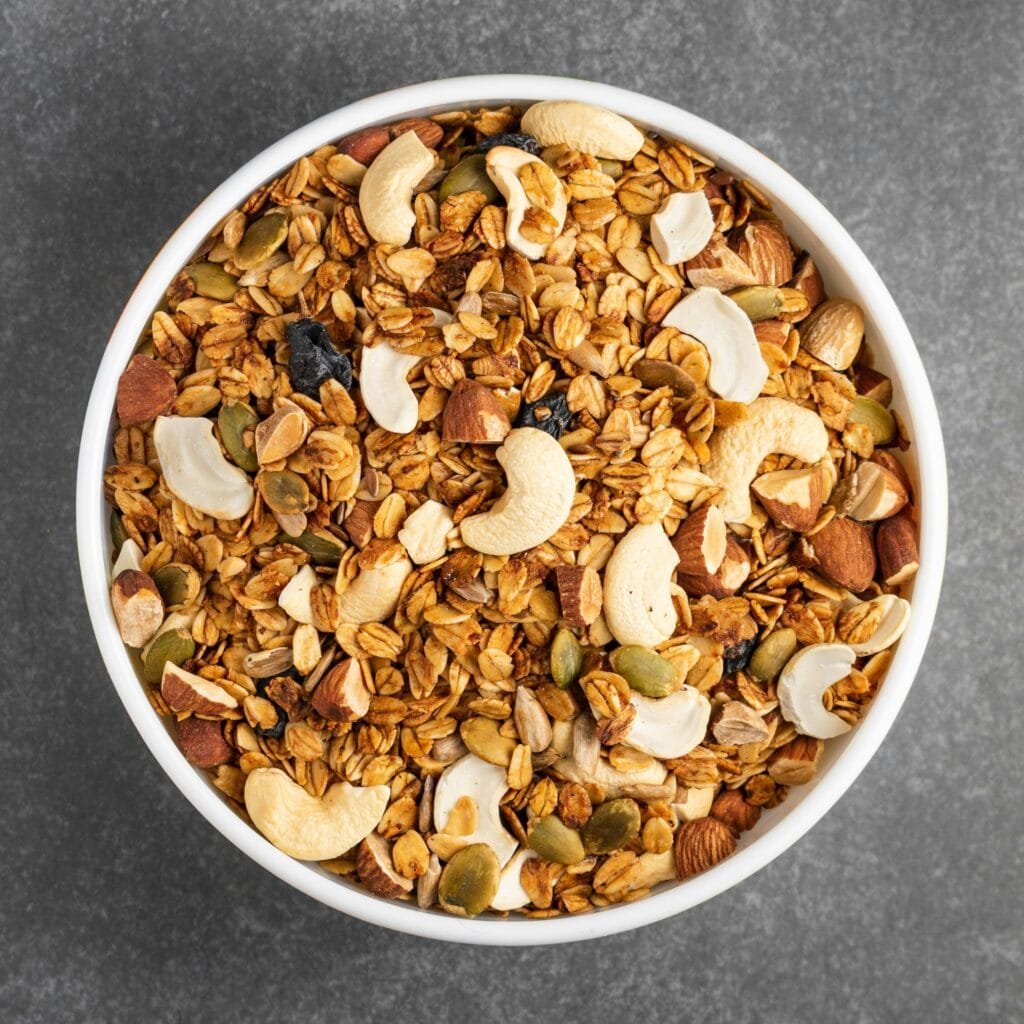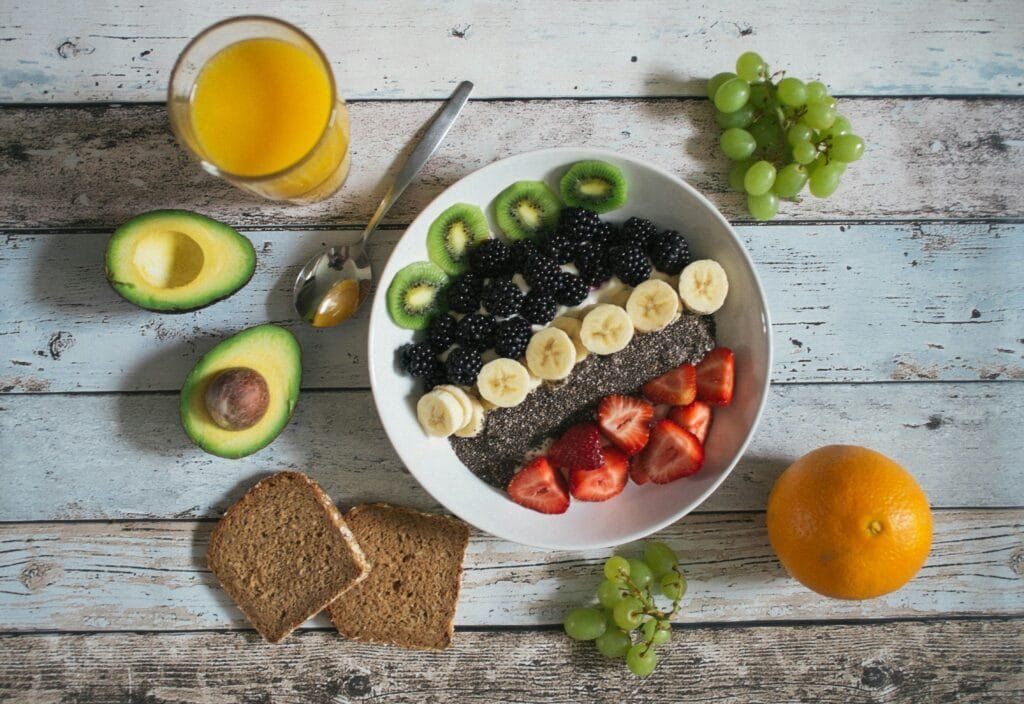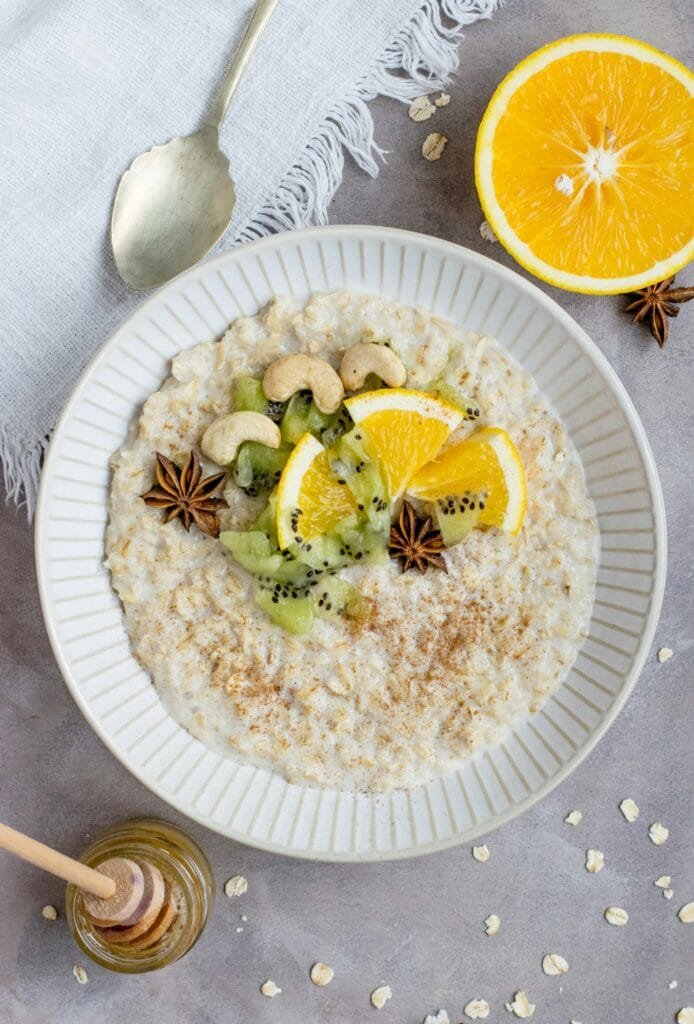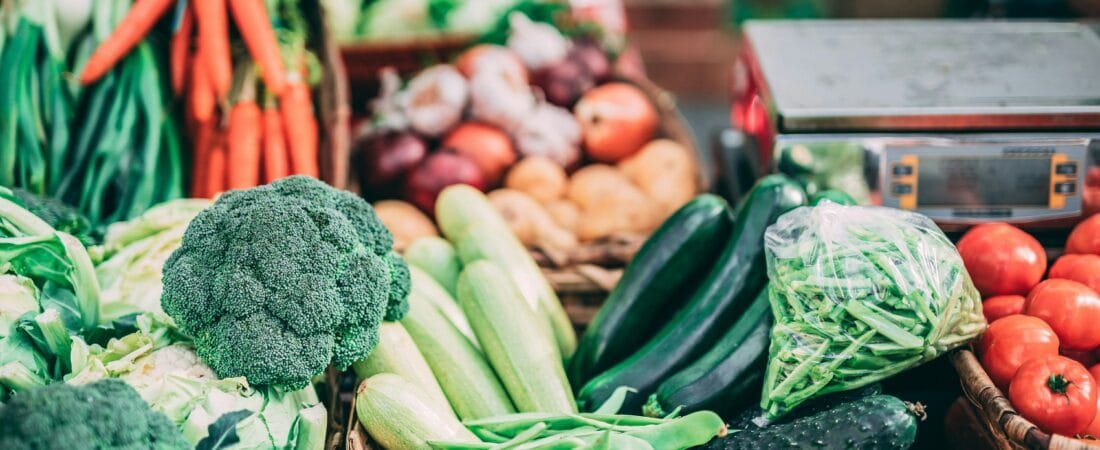Why Fiber Is More Important Than You Think
If there’s one nutrient that doesn’t get the attention it deserves, it’s fiber. We all study about protein, carbohydrates, and fats, but fiber? It’s kind of in the background. The ironic part is, it’s one of the most important parts of a healthy diet, and most of us aren’t getting nearly enough.
Experts recommend 25 to 30 grams of fiber a day, but the average adult barely manages to get past 17. That’s eating half of what your body really needs. And even though you won’t necessarily notice it immediately, a lack of fiber gradually adds up.
Fiber is not just about “keeping things moving.” It guards your heart, your blood sugar, and even lowers your risk for serious diseases like colon cancer. It’s a silent guardian, and your body will thank you for giving it a little extra consideration.
My journey to learning more about fiber started with this article, which discusses rising rates of colorectal cancer in younger individuals (18-35 years old!), and empirical research points to low-fiber diets as a major cause (in addition to other causes, such as genetics, smoking, or excessive alcohol use). As someone who tries to be health-conscious, it made me re-evaluate my diet and how little I actually consider it. Most of the time, I think in nutrients – do I have my protein, carbs, and vitamin-filled veggies? While the foods I had did contain fiber, it was more of an afterthought. Many vegetables I ate thinking I was getting all of my nutrients are actually low-fiber (think cooked carrots, string beans, and mushrooms). I needed to consider fiber more heavily when it came to diet, and I’m sure that I’m not the only one.
What Exactly Is Fiber?

Fiber is a carbohydrate, yet it acts differently from most of the carbohydrates you eat. Instead of being digested and absorbed as sugar, fiber makes its way through your system relatively intact, doing its job along the way.
There are two types of fiber, and each performs its own function:
Soluble Fiber
This type of fiber mixes with water and forms a gel-like substance. It slows down digestion, which keeps your blood sugar stable and lowers cholesterol. Foods like oats, beans, apples, and citrus fruits are loaded with it. It’s also the type that makes you feel full, so you can skip those unwanted snacks.
Insoluble Fiber
This type doesn’t break down in water. What it does is add bulk to your stool and keep your digestive system regular. Whole grains, nuts, leafy greens, and potatoes are great sources. Think of it as the type of fiber that keeps things moving along without any fuss.
Your body needs both types to be in balance. Soluble fiber works on your heart and blood health, while insoluble fiber satisfies your digestive tract. Together, they create a sort of synergy your body cannot live without.
Why Getting Enough Fiber Is Important

This is where it becomes truly interesting. The benefits of fiber go way beyond digestion:
Protecting Against Colon Cancer
One of fiber’s most powerful benefits is that it can help protect your colon. A high-fiber diet makes waste move through your system faster, so that harmful substances have less contact with the lining of your colon. As fiber is digested in the intestine, it also creates compounds that reduce inflammation and encourage colon health.
Supporting Heart Health
Soluble fiber lowers LDL cholesterol, the “bad” kind that clogs arteries. Even small increases in daily fiber intake can make a big difference over time.
Balancing Blood Sugar
If you’ve ever experienced the crash that comes from consuming something too sugary, fiber is your friend. It slows the way sugar is absorbed into your blood, so you don’t get those sharp spikes and dips. That’s partly why taking a bite of a whole apple is so different from gulping a glass of apple juice.
Assisting In Weight Control
Because fiber keeps you fuller longer, it’s easier to not overeat without stressing about portions or calorie-counting. It’s a natural appetite suppressant.
Nourishing Your Gut
Fiber is food for your gut’s good bacteria. When they’re healthy and abundant, your digestion, immunity, and even mood can get better. It’s like you’re giving your gut a garden to grow.
The Need for Variety
Here’s the thing: no single food is going to give you everything that you need. Soluble fiber is great for cholesterol and blood sugar, but insoluble fiber is what you want for gut health and regularity. When you get them together from a wide variety of foods, you get the whole benefit.
Think of it as building a balanced plate. Just as you wouldn’t want to eat one vegetable for the rest of your life, you don’t want to rely on one source of fiber. Variety really does make a huge difference.
Simple Ways to Get More Fiber in Your Day

Eating more fiber doesn’t have to be a tall order. Small changes can add up easily:
- Start the day with oatmeal, berries, and a sprinkle of chia seeds on top.
- Trade white rice for quinoa, farro, or brown rice in dishes.
- Add beans or lentils to soups, salads, or pastas.
- Snack on veggies with hummus or a bowl of air-popped popcorn.
- Blend spinach, flaxseed, and fruits of your choice for a boost in a smoothie.
A Few Recipe Ideas to Try
If you want to get more intentional about it, here are some high-fiber recipes you can try:
Lentil and Vegetable Soup – Hearty, comforting, and full of plant-based fiber. Check our our Hearty Lentil Soup recipe for a comforting, high-fiber meal!
Black Bean Tacos – Throw in some colorful veggies and avocado for extra nutrition. Check out our delicious Black Bean Taco recipe!
Chia Seed Pudding – A ridiculously easy mixture of chia seeds and milk, topped with fruit. For ideas, check out our No-Bake Chocolate Chia Seed Pudding recipe!
Roasted Veggie Bowl – Pile roasted sweet potatoes, Brussels sprouts, and chickpeas over brown rice or barley.
Overnight Oats – Soak oats in a milk of your choice, then top with your preferred toppings! For a savory recipe, check out our Creamy Avocado Overnight Oats recipe!
A Gentle Reminder
If you’re used to eating a low-fiber diet, add it slowly. Jumping from 10 grams a day to 35 overnight can cause bloating or discomfort. Increase it bit by bit, and drink plenty of water to help your body adjust.
Final Thoughts
Fiber may not be glamorous, but it’s one of the most powerful ways to care for your body. From lowering your risk of colon cancer to supporting heart health, balancing blood sugar, and nourishing your gut, it does more than most people realize.
The best part is that you don’t need to count on fancy supplements or complicated plans. It’s about filling your plate with whole, solid foods—fruits, vegetables, grains, beans, and nuts. Every little choice adds up.
The next time you are trying to figure out how to eat more healthfully without making it too hard, remember fiber. It’s simple, it works, and it’s one of the easiest things you can do for your body every single day.
Disclaimer: The recipes and nutritional content shared on this blog are based on personal experience and general wellness principles. They are not intended to diagnose, treat, cure, or prevent any health condition. Please consult with a healthcare provider or registered dietitian before making any significant dietary changes, especially if you have allergies or health conditions.

